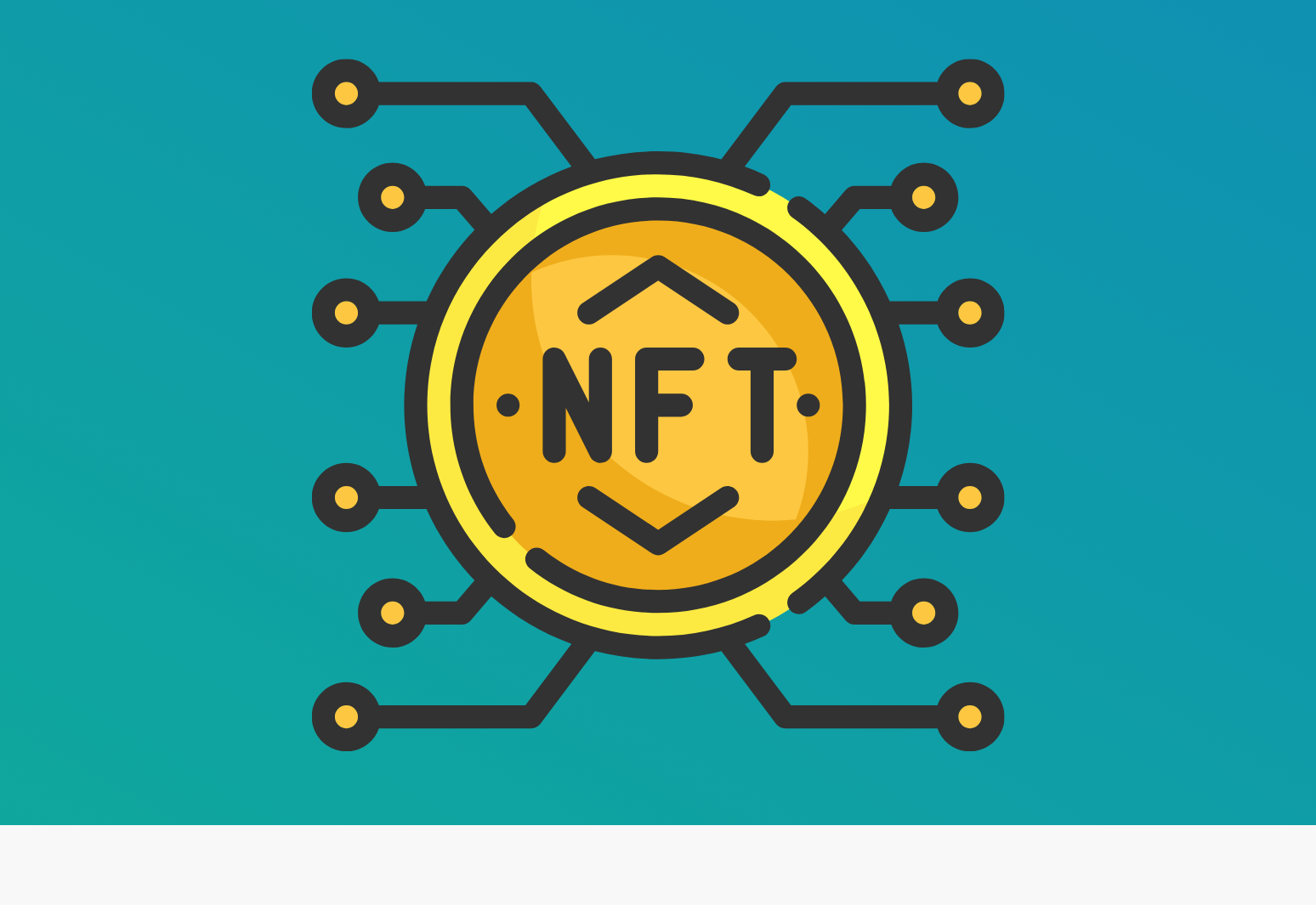Embarking on a journey towards financial stability and prosperity begins with effective financial planning. Whether you're looking to build wealth, save for specific goals, or secure your financial future, a well-crafted financial plan serves as a roadmap to guide your decisions and actions. By assessing your current financial situation, setting achievable goals, and implementing strategies tailored to your needs, you can navigate the complexities of personal finance with confidence and clarity. In this guide, we'll explore the essential steps to creating a comprehensive financial plan that aligns with your aspirations and empowers you to achieve financial success.
1. Set Goals: Define short-term (1-3 years), medium-term (3-5 years), and long-term (5+ years) financial goals, such as saving for a house, retirement, or education.
2. Assess Your Current Financial Situation: Calculate your net worth (assets - liabilities), track your income and expenses, and understand your spending habits.
3. Create a Budget: Establish a realistic budget that allocates your income towards expenses, savings, investments, and debt repayment.
4. Emergency Fund: Build an emergency fund with 3-6 months' worth of living expenses to cover unexpected costs.
5. Debt Management: Develop a plan to pay off high-interest debts systematically while making minimum payments on other debts.
6. Save for Goals: Allocate specific savings for each goal, considering the time horizon and required amount.
7. Investment Strategy: Determine your risk tolerance and investment goals, then create a diversified investment portfolio aligned with your objectives.
8. Insurance Coverage: Review your insurance needs (life, health, disability, etc.) and ensure adequate coverage to protect against unforeseen events.
9. Tax Planning: Understand tax implications on your income, investments, and retirement accounts, and optimize tax strategies to minimize liabilities.
10. Retirement Planning: Estimate your retirement needs, contribute regularly to retirement accounts (e.g., 401(k), IRA), and review investment options to meet retirement goals.
11. Estate Planning: Draft essential documents like a will, power of attorney, and healthcare directive to protect your assets and ensure your wishes are carried out.
12. Regular Review: Periodically review and adjust your financial plan as life circumstances, goals, and market conditions change.
Crafting a robust financial plan is a crucial step towards achieving your financial goals and securing a stable future. By following the steps outlined in this guide, including assessing your current situation, setting realistic goals, and implementing tailored strategies, you can take control of your finances and work towards building the life you desire. Remember, financial planning is not a one-time task but an ongoing process that requires regular review and adjustments as your circumstances evolve. With dedication, discipline, and the right mindset, you can embark on a journey towards financial freedom and create a solid foundation for long-term prosperity.
Thank you for reading...














